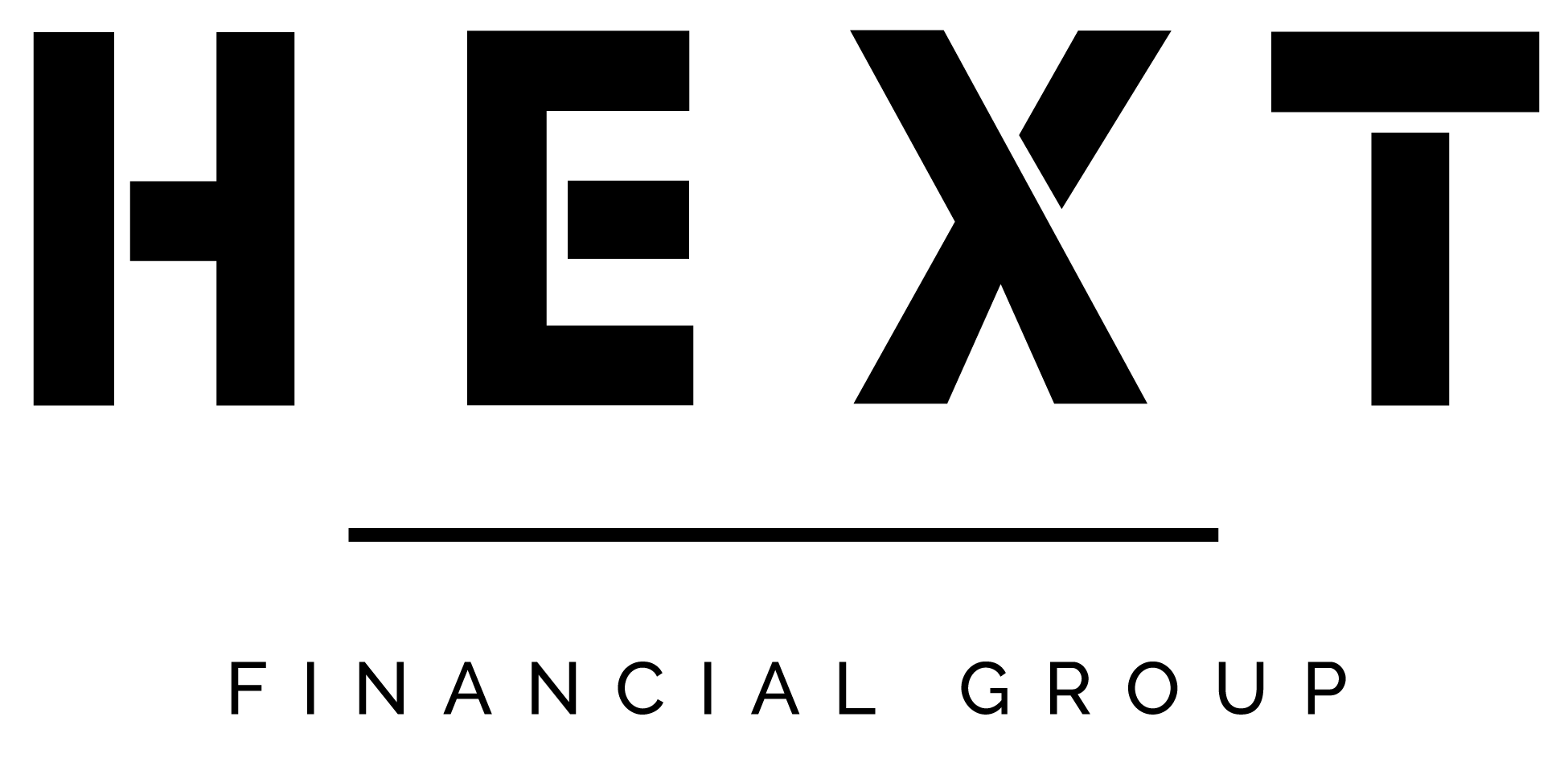As most taxpayers may already know, one of the largest relief provided in the Coronavirus Aid, Relief, and Economic Security Act (CARES Act) is the Payroll Protection Program (PPP). The intent of the PPP is to assist small and mid-sized businesses in maintaining their payroll during the COVID-19 pandemic. Under the program, the SBA will provide federally insured loans to businesses for certain essential expenses, mainly payroll. Generally, these loans will be fully forgiven if employers retain employees at salary levels comparable to those before the pandemic. Under normal circumstances, forgiven loan amounts are generally taxable for federal income tax purposes. However, the CARES Act explicitly excludes the forgiveness of PPP loans from federal gross income, and thus federal income tax. Subsequently, the Consolidated Appropriations Act (CAA), 2021 goes further to allow expenses paid with forgiven loan proceeds to be tax deductible for federal income tax purposes. As a result, the federal tax implications of PPP loan forgiveness are straightforward: businesses that have received PPP loan forgiveness can now exclude the forgiven amounts from income and deduct all the expenses paid using the PPP loan.
At the state level, however, the tax-exempt feature of the PPP loan forgiveness is dependent upon how a particular state has chosen to adopt the Internal Revenue Code (IRC). States typically fall into three buckets of conformity: rolling conformity, static conformity, or selective conformity.
* Rolling Conformity: States with rolling conformity will adopt the most recent IRC as it becomes available. Taxpayers with forgiven PPP loans in theses states will most likely follow federal, unless the state has specifically adopted their own provision to treat PPP loan forgiveness differently. Currently, there are twenty-one states, including District of Columbia, that implement rolling conformity.
* Static Conformity: States with static conformity will adopt the IRC on their self-chosen date, and new adoption dates must be set regularly as the IRC is updated; additionally, tax treatment of PPP loan forgiveness in static conformity states also depends upon whether a state income tax calculation starts with federal AGI or taxable income. This means that static conformity states not only must ensure that they have adopted the most recent IRC and conform to the CARES Act but also that their starting point for calculating state taxable income accurately includes or excludes PPP loan forgiveness. As a result, these states may have to update their tax forms and instructions to reflect the changes.
* Selective Conformity: States with selective conformity pick and choose the federal provisions that they will adopt at the state level. Thus, tax treatment of PPP loan forgiveness can vary significantly among these states.
Taxpayers should carefully assess the state tax effects of successfully having PPP loans forgiven. We advise that businesses review the general conformity rules concerning forgiveness of debt, the state’s response to the CARES Acts, and the treatment of PPP-loan-related expenses. Taxpayers with questions about the state response to PPP conformity and expense deduction are highly encouraged to reach out to their tax advisors as state guidance on these issues are being revised at an increasing rate. If you have any questions regarding state tax implications of the PPP loan forgiveness, or if you require any other assistance with your tax planning and/or compliance needs, please do not hesitate to contact one of our knowledgeable team members.
Note: Please click on the following link to see which states currently conform or do not conform with federal according to the AICPA:
https://www.aicpa.org/content/dam/aicpa/advocacy/tax/downloadabledocuments/coronavirus-state-filing-relief.pdf?mod=article_inline






